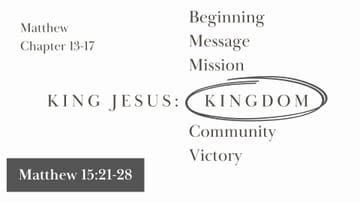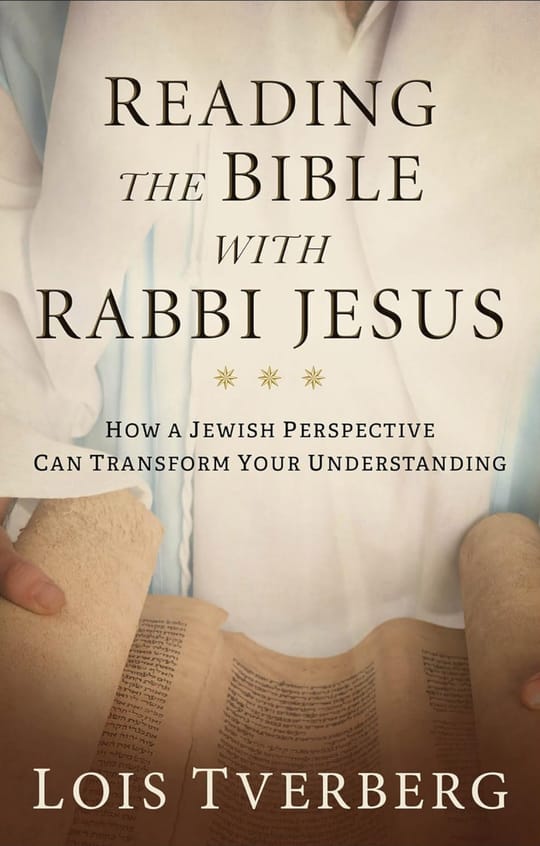(For those who don't like to read, I got you. Scroll down.
Sometimes, when I talk with people, my heart hurts for them. They feel so lost in this world that they keep wanting to redefine terms and question the nature of reality, and everyone has loud opinions. There was a time when people were taught how to "weed out" suitable and sound ideas. This has been lost for many. I have thought for a long time that an introductory course in critical thinking should be required at the high school level. I didn't receive it until I reached my doctorate level.
Here is the bottom line: It is possible not to be lost in the sea of ideas. It is possible to figure things out for yourself and not use "common sense" to find your footing in this world. The answer is to think using sound logic. I say this as a pastor because sound logic will lead to believing in the existence of God. Then, it will lead you to Christianity. Here are a few things to consider and a fantastic resource below.
Laws of Thought (Logic).
Traditionally, the three fundamental laws of logic:
- The law of non-contradiction. (This means one thing cannot be another. A dog cannot be a dog and a cat simultaneously. If they were, it would be contradictory.)
- The law of excluded middle. (This means what it sounds like. There is not a gray area on the most essential brute facts. Either something is "A" or "B." It cannot be "A 1/2.")
- The principle of identity. (Things have a specific identity that makes them what they are.)
Using the three facts above, most conversations can be healthy, and many base-level problems can be understood.
Think about how this could instantly help you deal with the nature of:
- Sexual identity questions
- Euthanasia questions
- Abortion questions
- The nature and reality of God questions
- Etc, etc, etc.
With more and more information being thrown at them than ever, people need to know how to think and process it.
Next Step?
Ready to think about how to think? I recently discovered the YouTube Channel of a great Christian Philosophy Professor named Kelly Fitzsimmons Burton. I have not watched all of her videos, so I cannot vouch for them all. However, I have loved what I have seen. Below is an entire collection of lectures she has done on logic. If you seriously want to learn how to think clearly and no longer be at the whim of the YouTube search algorithm, I highly recommend slowly working through the series of lectures below.
I look forward to hearing what you discover, what you disagree with, and where it takes you.
Below are the FIRST FIVE videos. The entire series has over 52. I encourage watching them all.









